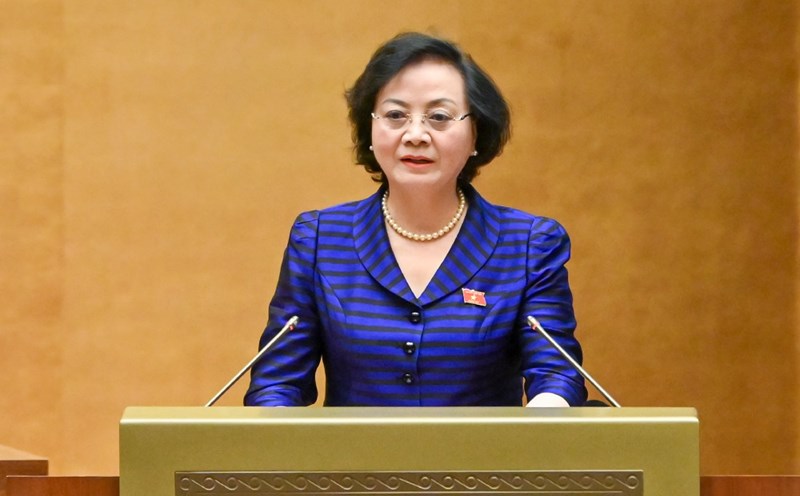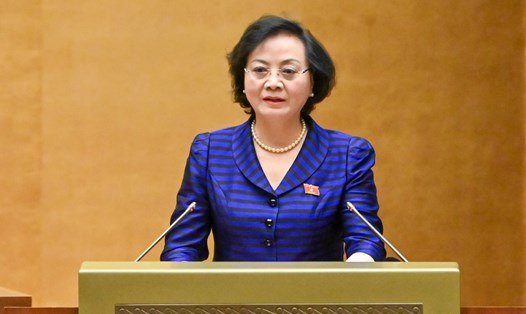The Ministry of Home Affairs is seeking opinions on the draft Decree regulating the signing and implementation of electronic labor contracts (ECs).
The Ministry of Home Affairs said that the process of monitoring and evaluating the implementation of the Labor Code in 2019 shows that the signing of the electronic labor contract has created many advantages for employees and employers.
This is a progressive regulation, in line with the current development trend of digital technology, meeting the inevitable requirements in the future of digital government, digital economy and digital society.
However, the process of implementing the agreement and the implementation of the electronic labor contract also encountered some problems.
Most enterprises have proposed that state management agencies issue specific instructions on signing and implementing electronic labor contracts so that the application of regulations can be implemented synchronously and conveniently.
Currently, employers and local state management agencies are conducting reports in the labor sector mainly in writing.
In addition, state management agencies in the labor sector at the central and local levels do not have a sectoral database on labor, labor relations, wages, and social insurance.
Information and data on enterprises and workers are scattered, not concentrated and there is no connection between state management agencies of each industry and field.
Therefore, updating information, monitoring, and managing data on employers and employees to analyze the actual labor and salary fluctuations still faces difficulties and limitations.
Regarding the signing and implementation of electronic labor contracts, the draft stipulates compliance with labor laws and the law on electronic transactions, requirements for recognizing the legal value of electronic labor contracts and making the most of electronic labor contracts in practice.
The draft also stipulates the subjects participating in the organization of electronic contracts, including employers and employees authorized to sign the organization of contracts in paper documents and adds a third subject as the supplier of electronic contract signing software (eContract).
This is an intermediary entities participating in the process of signing and implementing the General Confederation of Labor as a support for signing methods, providing signing software, implementing the Electronic General Confederation of Labor for the parties to create, sign numbers, store, retrieve and manage the Electronic General Confederation of Labor.
The Ministry of Home Affairs also proposed the conditions and methods for implementing the labor contract. In particular, the signing of electronic labor contracts is done through eContract that meets the prescribed conditions.
Employers and employees use digital signatures issued by organizations providing legal digital signature certification services to sign electronic labor contracts to ensure the identification of the signer, attached to the data content, controlled by the signer at the time of signing and can detect any changes after signing, ensuring the highest level of safety and legal value.
The draft decree also stipulates that the labor force must be equipped with an identification code (ID) issued by an automatic platform, ensuring consistency. This is the basis for tracing, comparing, reporting and checking information related to the labor union meeting on the platform.











